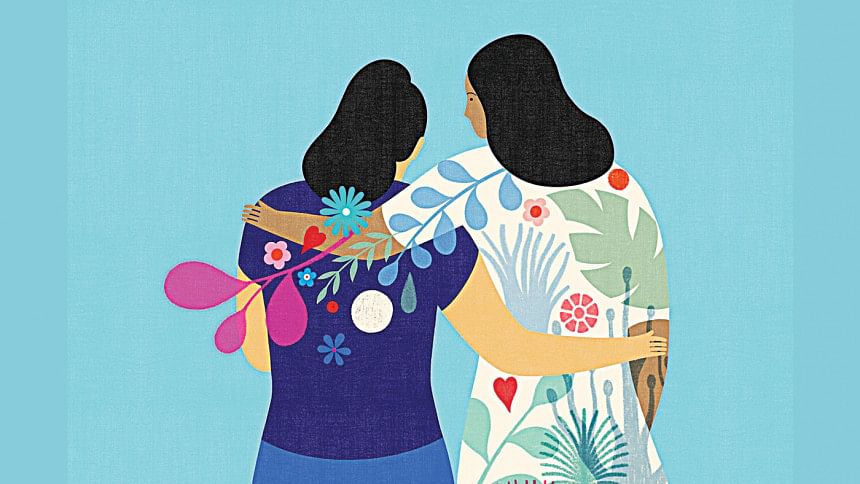Less is more

The common saying 'Less is more' rings true with endless significance. Embracing this timeless wisdom, today's researchers discovered 'The joy of simplicity' and the reality behind the above phrase. In a rapidly modernising society, scholars have long sought the answers to a fulfilling life.
The modernism movement in architecture gave rise to a concept that has applications in various sectors, such as literature and lifestyle. This architectural principle emerged from the idea that simplicity and clarity lead to good design. The Simplicity Institute conducted a pioneering poll across several countries and discovered that 87% of respondents were happier now than when they had more items.
Today, when the world suffers from an epidemic of loneliness and selfishness, having a deep and meaningful relationship is more valuable than winning a striking lottery. Other researchers discovered that people are happier when they spend money on experiences rather than items, because experiences can prolong happy emotions.
Developing a sound mind is about compassion and spending quality time with loved ones, not just wandering at bazaars. Studies also suggest that those with fewer possessions are often more grateful and happier than those with abundance. Expressing appreciation not only boosts mood, but it also reduces stress and anxiety and improves sleep.
Cultivating a forgiving spirit and practicing small acts of kindness are essential for emotional and personal happiness, provided that the intentions are pure. It enables people to be mentally healthy, have inner peace, and be purposeful. The search for a simple way of life forces people to be clear about their beliefs, passions, and goals for a life of contentment.
Before going to sleep, I would like to remind myself and others to consider at least two things we can appreciate about each day. However, this idea seems simple to the humble-minded.
E-mail: [email protected]

 For all latest news, follow The Daily Star's Google News channel.
For all latest news, follow The Daily Star's Google News channel. 



Comments